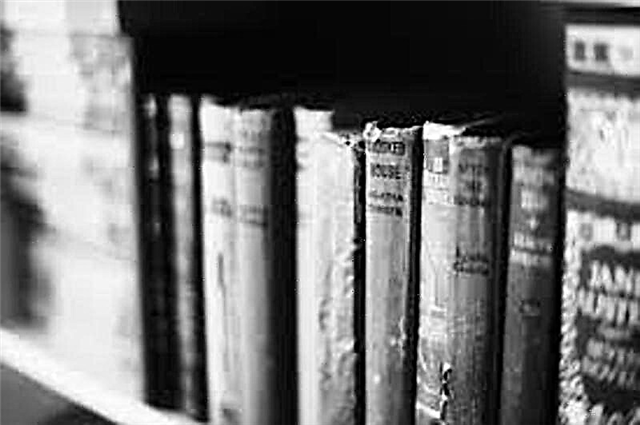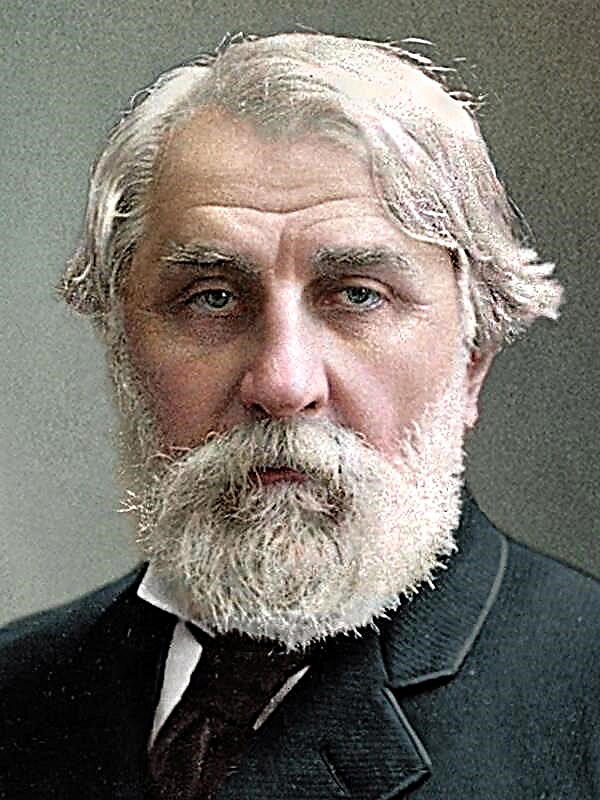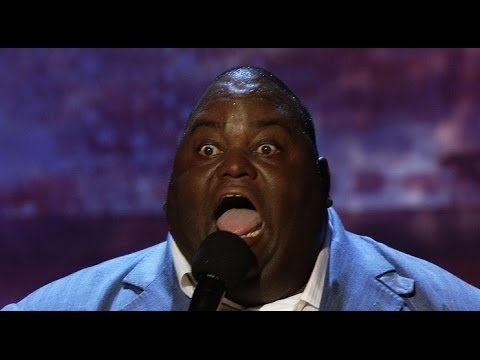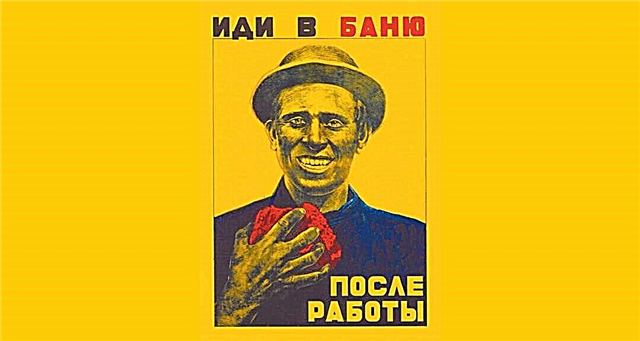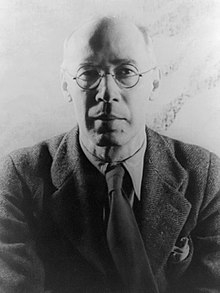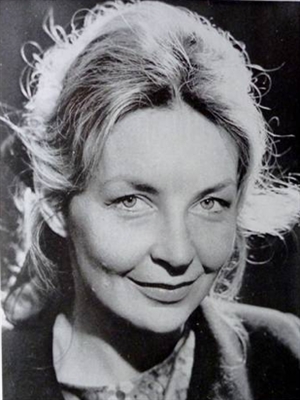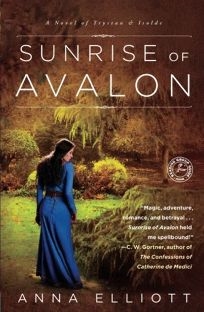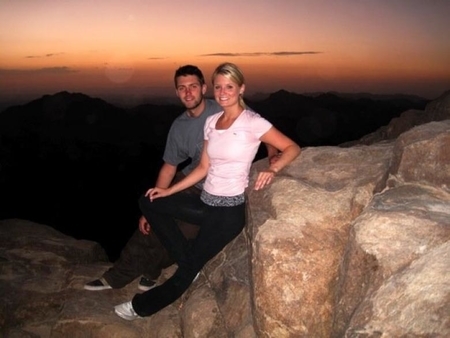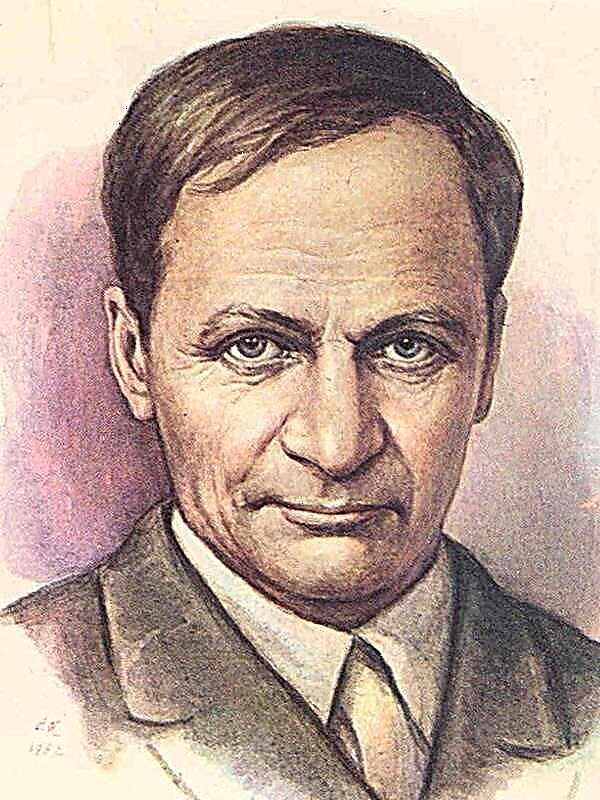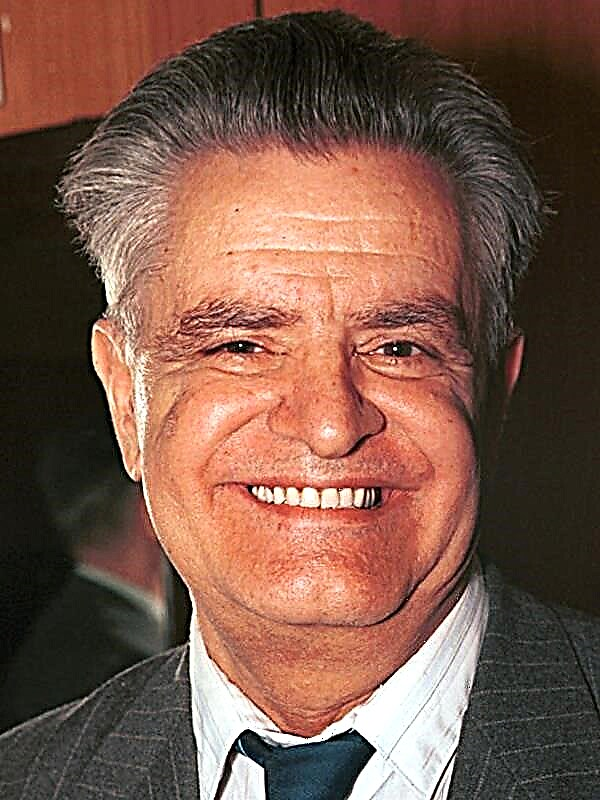“Who lives in Russia well” is a work that is the climax of Nekrasov’s writing. Work on the poem was realized 3 years after such a momentous event as the abolition of serfdom. It was she who determined the problems of the book, through which the author expressed the whole life of the people, shocked by the freedom given to him. Below we give a brief summary of the text under consideration by chapters and its analysisso that you, dear readers, will be easier to navigate in this difficult, philosophical, but incredibly interesting and amazing piece.
Part one
Prologue
The story begins with a meeting of seven men from villages with speaking names (for example, Dyryavin, Gorelov, Razutov, etc.), who ask themselves about who lives happily on Russian land. Each of them puts forward their own version, thereby sparking a dispute. Meanwhile, evening already falls, the men decide to go get vodka, light a fire and continue to find out which one is right.
Soon, the question leads the men to a standstill, they start a fight, and at this time Pakhom catches a little chick, followed by the mother of the chick, and asks to be released, promising in return to tell about where to get a self-assembled tablecloth. The peasants did everything as the wand told, and a tablecloth with all the dishes was turned in front of them. They decided at the banquet that until they find the answer to the question, they will not calm down. And they went on the road - to seek a lucky man in a miserable homeland.
Chapter I. Pop
The peasants begin the search for a happy man. They walk along the steppes, fields, past ponds and rivers, meet different people: from poor to rich.
They meet the soldiers, ask them their question, and in response they get that “the soldiers shave with an awl, The soldiers warm themselves with smoke - What is happiness here? ". They pass by the priest and they ask him the same question. He argues that happiness does not consist in luxury, tranquility and prosperity. He says that he doesn’t have these benefits, that his son can’t learn to read and write, that he constantly sees crying at the coffins - what good is it? Pop explains that he used to go to rich weddings and earned money on this, but now it has disappeared. He ended up being so difficult that you come to bury the breadwinner in the family of peasants, and there’s nothing to take from them. The pop speech finished, bowed and then wandered off, and the men were in dismay.
Chapter II Rural fair
Hot day. Guys go and talk among themselves, note that it is empty around. They meet a pilgrim on a horse washing a river and find out where the people have left the village, and he replies that everything is at the fair in the Kuzminskaya village. Peasants go there and see how people walk.
They notice an old man asking the people for two hryvnias. Granddaughter for a gift is not enough. They see the master, who buys the granddaughter of a beggar's boot. Everything can be found at this fair: products, books, jewelry.
Chapter III. Drunk night
Seven men continue their journey, because the answer to the question is still not found. They hear the argument of various intoxicated peasants.
The attention of seven peasants is drawn to Pavlos Veretennikov, who writes in a notebook all stories, sayings and songs he heard from the peasants. Having completed the work, the guy began to condemn the people for drunkenness and cheeky behavior, in response he heard that sadness would come and honest people would be sad if they stopped drinking.
Chapter IV Happy
Men do not calm down and continue the search. So, they lure people, shouting: “Come out happy! We will pour vodka! ". Honest people gathered around, they began to find out who is happy. As a result, they understand that the happiness for a simple peasant is that at least occasionally he is fully fed, and God helps in difficult times, the rest will be sweet.
Then the peasants are advised to find Yermila Girin, before that, telling them a story about how the whole people of Yermila collected money for the mill, how he then returned every penny, how honest he was with them. Travelers decide to go to Jirin, but find out that he is in prison. Further, the story of this man is interrupted.
Chapter V. Landowner
Travelers on their way meet the landowner Obolt Obolduyev, who at first mistook them for thieves and began to threaten with a pistol, but then started a story about his kind.
He began to recall rich feasts, to dream of a servant and his power, but now such a life is impossible. The landowner complains about the coming painful years that he cannot live by such a routine, while the people in the meantime empathize.
Part two
The last one. Chapter (I; II; III)
Men wander on, do not depart from the desire to find a happy one. They go to the banks of the Volga and see a hay meadow in front of them. Three boats are noticed, in which the family of the master sat down. They look at them and are surprised: serfdom has already been abolished, but they all seem to have no reform.
Having learned about the will of the peasants, the gray-haired old Utyatin promised to deprive his sons of funds, and those to prevent this from happening, came up with a simple plan: they asked the peasants to give themselves out as serfs, and in return after the master’s death, they would give them the best meadows. Upon learning that people remain in the power of Utyatin, he immediately got ready and revived. They took their whole role, but Agap Petrov was unable to hide his displeasure and complained to the landowner, for this he was sentenced to flogging. The peasants played a scene with him, but after such humiliation Agap got drunk and died.
So the master made a feast, where he extolled serfdom, after the hero lay down in a boat he lost his breath. The people rejoiced that the prince had died, the peasants began to fulfill promises, but no one gave meadows.
Part three
Peasant Woman: Prologue and Chapters 1-8
Continuing the search for a man who knew human happiness, 7 men decided to look for one among women. They are sent to a woman named Korchagina Matrena Timofeevna. From her, the peasants learn the very sad and difficult fate of the heroine. From the story, the men understand that only in her father’s house did she know how to know happiness, and when she got married, she condemned herself to a difficult life, because her new relatives disliked her. True love feelings did not reign long between Matrena and her lover: he left to work, and left his wife on the farm. Matrena does not know fatigue; she works day and night to support her family and son, Demushka, a ray of hope and joy in her difficult female share. Savely is watching the affairs - the only person who supported her in the new family. His fate is not easier: once he and his comrades killed the manager because he ruined their village. The man went to hard labor for the murder, from where he appeared sick and weak. Relatives reproached him for this.
Once a misfortune happens to him: a boy is eaten by pigs. Grandfather overlooked him. A real blow for a woman! She cannot forget her son, although other children have already appeared. Once she even takes a whipping, helping her son out. He gave the sheep to the hungry she-wolf out of pity, and they wanted to smack him in public, an eight-year-old boy.
And then a new misfortune! The husband is taken into recruits, and there is no one to intercede. Then Matryona goes to the official to ask for a spouse, because he is the only breadwinner for the family. She finds his wife, and the mistress helps the peasant woman - the family was left alone. For this incident, they called the heroine a lucky girl.
Now Matrena Timofeevna, as in previous times, sacrifices herself for the sake of growing children. The life of a “lucky woman” is not easy. The constant struggle for his family, husband and children “shook” Matren Korchagin. As a result, she exclaims: “It’s not a matter - between the women it is a happy search!
A feast for the whole world
The action takes place on the banks of the Volga, near the village of Vakhlachina. A great feast is being organized here, where 7 men who are looking for a happy person stop.
There are a wide variety of heroes who tell about their fates. Everyone has a heavy burden of life events, which, like an unhealed scar, makes itself felt. They are given to reasoning about what life is, what the path of an ordinary peasant is, and how the people live.
Epilogue. Grisha Dobrosklonov
A significant hero of this fragment is Grisha Dobrosklonov. The reader will also learn its rich history from the chapter “Feast for the Whole World”. The writer closes the chapter in question with the hero’s discussions about the fate of the people, about what will happen to him next. And all these thoughts began to pour into songs about the people and Russia, the support of which he saw in the unity of people, because it embodies a great power, which is not afraid of the greatest adversities.
This is a happy person, because he lives for the lofty and clean goal - to alleviate the difficult share of compatriots. Although fate prepares him for exile, exile, consumption, he is still ready to accept this burden for the sake of fulfilling a dream - the welfare of his homeland.

